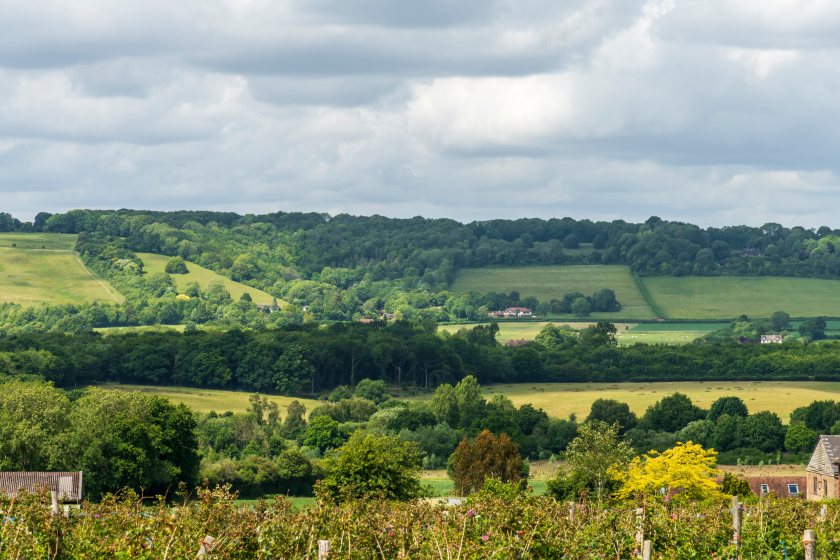Barclays launches discounted finance scheme for greener farming

Farmers who adopt more sustainable practices will be able to borrow at discounted rates under a new lending scheme launched by Barclays.
The Farm Transition Finance (FTF) facility is designed to be flexible and tailored to the needs of individual businesses.
Farmers can qualify by using existing certifications, government schemes or supply chain programmes as proof of their transition, making access to funding more straightforward.
Eligible businesses will benefit from a 0.3% reduction on interest rates. Loans will be structured as standard term debt with flexible repayment terms, enabling farmers to fund improvements in a way that suits their operations.
Barclays said the finance is aimed at helping farms invest in measures such as improving soil health, boosting biodiversity, enhancing water efficiency and cutting emissions.
The facility is also intended to strengthen resilience and competitiveness in a sector facing increasing environmental and market pressures.
The initiative recognises multiple routes to eligibility rather than tying farmers to a single programme.
Certification through Defra's Sustainable Farming Incentive, the LEAF Marque Standard, Soil Association organic accreditation or Regenified’s 6-3-4 Verification Standard all qualify.
Supply chain schemes that demonstrate a commitment to sustainable farming will also be accepted.
By taking this approach, Barclays expects the facility to open up to a broad range of farmers at different stages of their sustainability journey.
Wayne Astridge, head of agriculture at Barclays Business Banking, said the launch builds on the bank’s established relationship with the sector.
“Farm Transition Finance reflects our ongoing commitment to the sector and is a clear example of how we’re working with farmers as they navigate the transition and explore opportunities to continuously improve their sustainable farming practices.”








